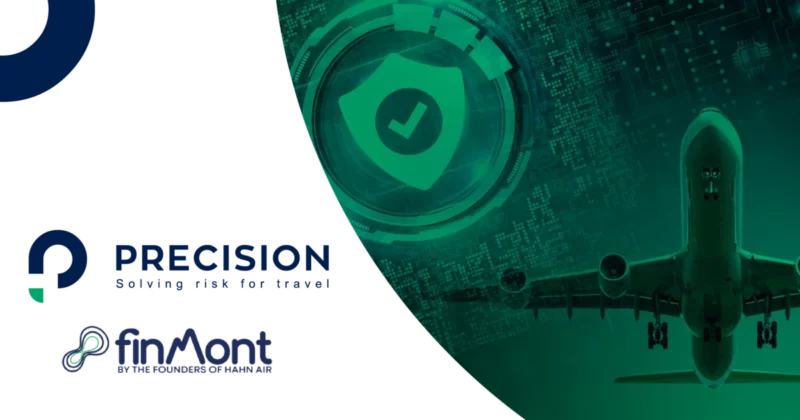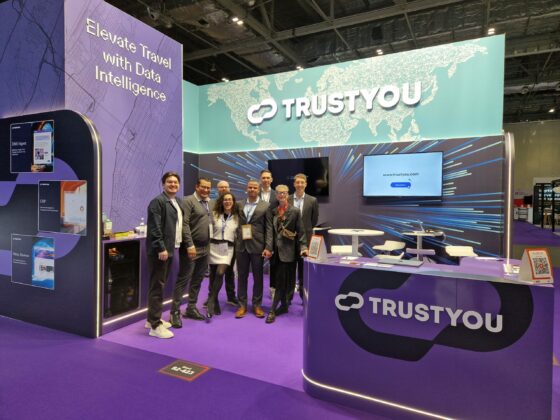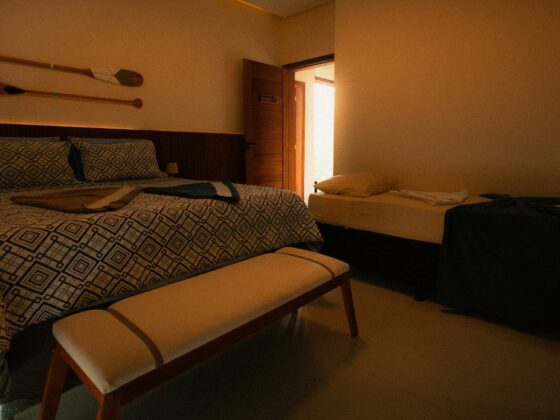
Market shifts, economic headwinds, supply chain disruptions, regulatory changes, and ever-evolving guest expectations continue to fuel profound transformation across the hospitality industry, only intensifying the pressure to adapt quickly to stay ahead of the competition.
Supply chain management leaders must look beyond traditional efficiencies and cost reduction strategies to integrate more agile supply chain methods through advanced technology, data-driven insights, supplier diversification, sustainability and other innovative methods to improve adaptability and resilience in volatile markets. What at one time may have felt like buzzwords are now essential elements. Market complexities demand that procurement becomes more dynamic, sustainable, and innovative than ever before.
While plenty of focus is placed on the latest technology advancements and fully digitizing processes, there is a lack of representation regarding the difficulty many hotels face managing current fragmented data and technology systems that do not talk to one another or antiquated accounting software. Keeping pace feels more like keeping up with a runaway train. Change can feel immobilizing, leaving anyone feeling unsure where to start. Wherever you may fall on the spectrum of transformation, positioning your procurement to be a strategic arm for your business will help prioritize what’s most important to achieve long-term success.
Embed Procurement into Business Strategy
Whether you are selecting an eProcurement technology platform, redefining sustainability goals, or establishing new sourcing strategies, upfront planning and collaboration across hotel operations is critical to aligning your procurement priorities with your overarching business goals. Developing your procurement plan alongside your hotel business strategy will contribute to the profitability, growth, and stability of your business, guaranteeing buy-in from the top down.
Bring your stakeholders together to align your business goals and initiatives. With all the right people in the room, you can identify opportunities for growth and expansion while prioritizing short and long-term needs. That way, you’re able to focus procurement support on strategic growth.
Procurement is a Continuum
There is no such thing as one-size-fits-all when it comes to enabling a dynamic hotel procurement program. What may have worked at one hotel at one point in time in one marketmay not be replicable.
The foundation to any dynamic model is readily accessible data analytics and willingness to pivot. This allows your team to:
- Automate centralized reporting for holistic visibility: Finding a platform with robust data analytics allows for real-time insights into purchasing trends, behaviors, leakage, and performance, which allows you to prioritize and identify areas of risk and opportunity.
- Integrate procurement metrics into business reporting for hotel ownership: Establish key procurement performance metrics or KPIs that reflect your operation’s strategic priorities.
- Continue to review your procurement plan to track progress to goals and reassess business needs to maintain continued alignment.
Dedicate Resources to Enact Change
With hotel operators constantly being tasked to do more with less, how do you enable change without slowing down business? You can leverage external partners like a Group Purchasing Organization (GPO) to take on the legwork wherever possible. While having the right data analytics is key, once opportunities are identified and decisions are made, relying on a team of resources to engage with suppliers and swiftly implement changes safeguards your time and resources. That way, your teams can maintain day-to-day operations effectively.
Utilizing a GPO with a centralized onboarding function and a dedicated team of procurement experts ensures your operations are equipped to adapt to continuous change. The right group will support your procurement initiatives from strategy through implementation. Supply chain management is not a one-person or one-team job. Taking advantage of external resources through a GPO can minimize risk and offer flexible solutions to drive a more agile procurement model that doesn’t add to your overhead costs.
Partner with companies that invest in planning to understand your business goals, are committed to your business strategy, and continue to evolve to best support your business. Your procurement partners should operate as an extension of your team and be equipped with the right resources to execute your initiatives.
Sponsored by Foodbuy Hospitality.







